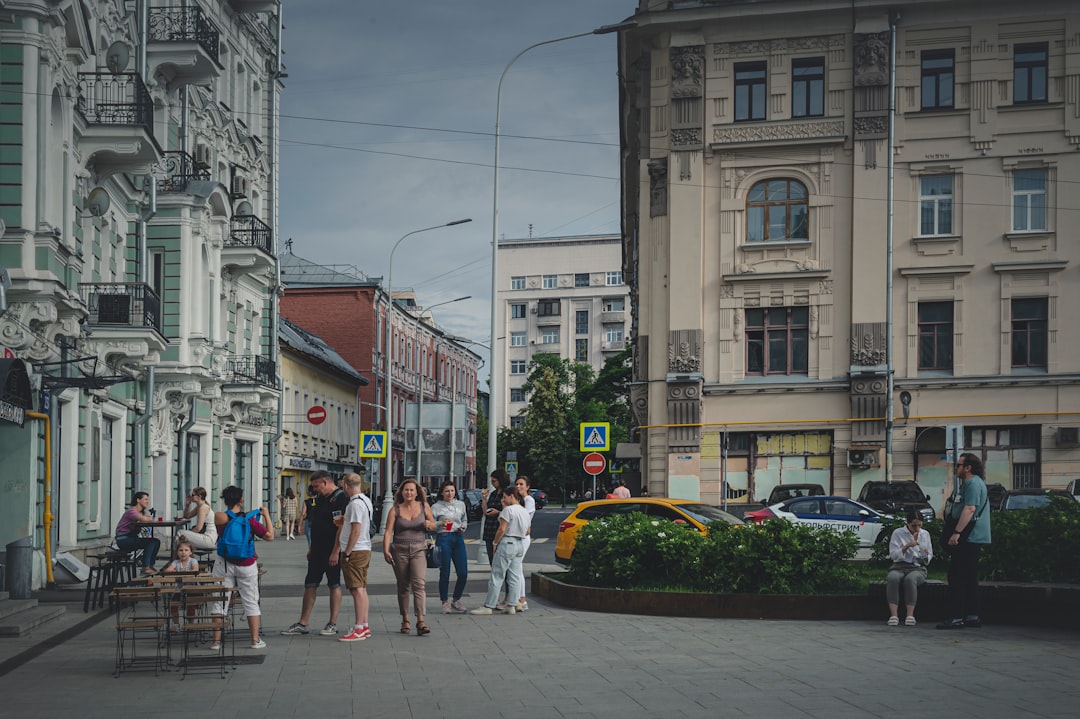What is it about?
Formalisation of property and titling of assets has been offered as a recipe for Third World Countries to over come poverty and achieve the stands of development and progress found in the First World. This article ethnographically describes the mechanism that makes possible to represent assets in titles: the sealed document. Further, it uncovers the legal arrangements that have allowed us to so confortable think of land as an already made entity in the world and that have obscured the privileging certain types of relations over others. At the same time it portrays the limitations and blind spots this particular arrangement brings, difficulties that are most commonly experienced by those most impoverished once in contact with formalisation.
Featured Image
Why is it important?
This article critically examines one of the important ‘pistons’ in the engine of capital – land ownership – and pushes towards a new conceptual framework to better understand the role of law and property in the process of constructing a legal and economic asset. The critical study of these arrangements that make land ‘a thing’ in the world reveals new and complex relationships as well as new problems and instabilities that have emerged from the current system of landownership, such as: infinite fragmentation and the gap between abstraction and territoriality. These problems and the ways we go about solving them demand that we start reconceiving the very object of inquiry and the tools we have used to make it such.
Perspectives
The article makes a significant and novel contribution to contemporary literature on property legal theory, law and development, and the anthropology of law. The article presents new fieldwork material from two rural field sites in Colombia (Montes de Maria and Socorro, Santander) and the central government office responsible for promoting land programmes designed to improve the living conditions of rural communities (Incoder), which enriches current discussions about the nature and outcomes of formalisation processes and, more generally, about the use of ethnographic/fieldwork-based analyses for our understanding of the social life of law. It presents a radical departure with the most common critical trends, coming from Latin America, that are working on issues related to property, development, and the role of law in social life.
Sergio Latorre
Universidad del Norte
Read the Original
This page is a summary of: The making of land ownership: land titling in rural Colombia – a reply to Hernando de Soto, Third World Quarterly, August 2015, Taylor & Francis,
DOI: 10.1080/01436597.2015.1046984.
You can read the full text:
Contributors
The following have contributed to this page










